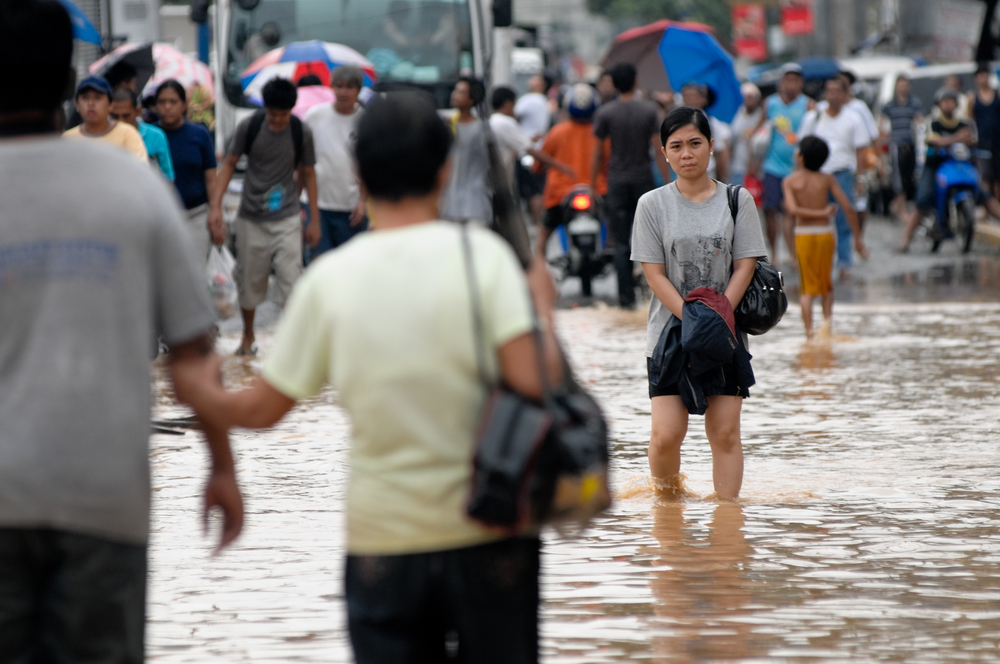
MANILA — Suspected cases of leptospirosis nationwide rose 71.1 percent, reaching 910 from Jan. 1 to Aug. 5 this year compared to 532 cases in the same period last year, the Department of Health (DOH) reported.
Of the 910 suspected cases, 96 resulted in death, compared to 50 in the same period in 2016, DOH spokesperson, Dr. Eric Tayag, said in an interview with the media Thursday.
Majority of the cases were recorded in the National Capital Region (NCR), with 172; followed by the Davao region with 112; Western Visayas with 98; Central Luzon with 80; and the Ilocos region with 70.
In terms of death, NCR recorded 22, Ilocos followed with 13; Calabarzon with 11; Eastern Visayas with 10; and Western Visayas with 9.
Most of the patients were 35 years and older.
Leptospirosis is caused by the Leptospira bacteria, which enters the body through cuts or abrasions on the skin, or through the mucous membranes of the mouth, nose and eyes when a person comes in contact with floodwaters mixed with garbage, or moist soil contaminated with the urine of infected animals, especially rats.
Tayag said its incubation period is from 7 to 10 days and its symptoms include high fever, muscle pain, headache, redness of the eyes, chills, and tea-colored urine. It could lead to kidney failure and in some cases, it affects the lungs and brain.
“Hindi ito dapat na binabalewala (This disease should not be disregarded),” he warned.
Patients must be treated within two days from the onset of the illness to prevent complications, he said, noting that early consultation is necessary to confirm if a patient is indeed suffering from leptospirosis.
“Do not self-medicate,” the health official said, adding that antibiotics for the disease are available in community health centers at the recommendation of a physician.
To avoid contracting the disease, the DOH advises the public not to swim or wade in potentially contaminated water or floodwater; use proper protection such as boots and gloves when work exposes one to contaminated water; drain potentially contaminated water; and control rats at home by using traps or poison and maintaining cleanliness. (PNA)